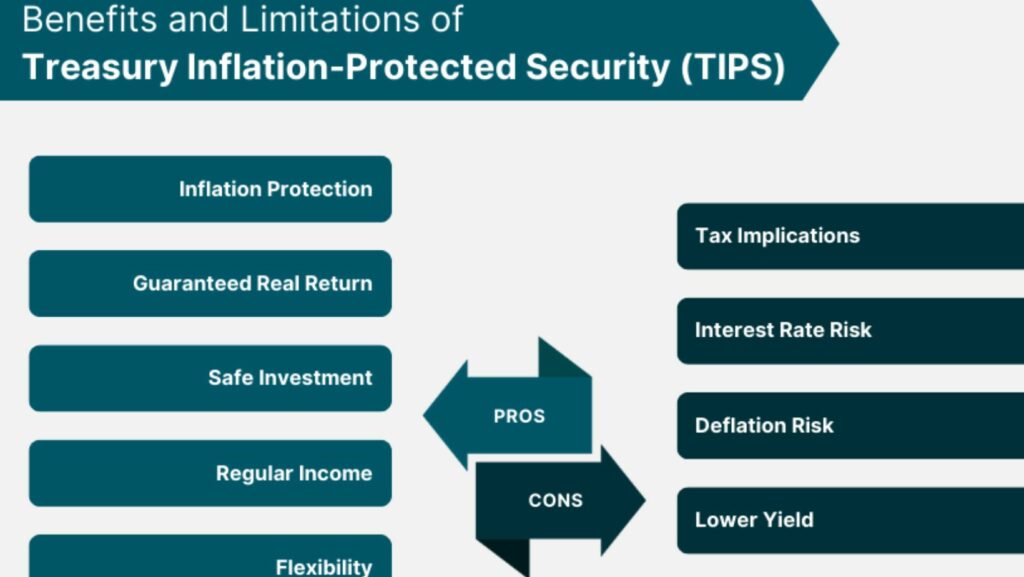In the world of finance, the role of an investment strategist often goes unnoticed, yet it’s pivotal in shaping the financial future of individuals and corporations alike. These financial wizards wield their expertise to craft bespoke investment portfolios, ensuring maximum returns with minimal risks.
Understanding the strategies they employ, the challenges they face, and the skills required to excel in this role is crucial for anyone looking to navigate the complex terrain of investments. Whether you’re an aspiring strategist or an investor seeking insights, this article promises to shed light on the intriguing world of investment strategists. So, buckle up as we delve into the intricate workings of investment strategy and its key players.
Investment Strategist

An investment strategist holds pivotal importance in the financial realm. Their expertise lies in devising effective investment strategies that align with an investor’s financial goals. As the mastermind behind investment portfolio construction, they create, manage, and adjust portfolios to meet changing market conditions.
One chief responsibility involves analyzing economic conditions, examining market trends, and researching individual companies. It’s these crucial steps that form the basis of their recommendations for investments.
Furthermore, harnessing a varied skill set enables them to minimize potential investment risks. Among these skills, proficient knowledge of financial markets, adept analytical abilities, and decisive judgement play vital roles.
Lastly, they play a significant part in educating their clients on investment principles. They often simplify complex financial jargon, explaining the risks and rewards associated with particular investments.
In essence, an investment strategist is the architect of a strong financial foundation, molding an investor’s vision into achievable goals through strategic financial planning.
The Impact of Investment Strategists on Market Trends

Investment strategists significantly influence market trends. First, they provide direction by shaping the investment climate. Their insights into economic conditions, backed by deep financial market expertise, guide investors in making informed decisions.
Second, investment strategists shape risk appetite in the market by aligning portfolios with clients’ risk tolerance. Hence, they tailor investment patterns, influencing risk-taking tendencies in the market.
Finally, their role in educating clients cannot be understated. Through their guidance, clients diversify their investments, encouraging sectoral growth in the market which impacts market trends.
Investment strategists play a significant role in shaping and driving market trends through their expert analyses and client engagements.
Popular Strategies Used by Investment Strategists
Bearing in mind the pivotal role investment strategists play, they apply several popular strategies to optimize returns and minimize risks. Known as Indexing, one strategy involves maintaining a portfolio that mirrors a market index. It’s supplemented by Diversification, where various classes of assets reduce the impact of individual security’s performance.

Asset Allocation guides the distribution of client’s assets among different classes (for example, bonds, stocks, or cash) based on financial conditions and investor goals. Strategists also employ Modern Portfolio Theory (MPT), optimizing a portfolio’s risk and return characteristics by assessing combined asset risk.
In shaping market trends, these strategies empower strategists to craft tailored portfolios, drive economic insights, and educate clients, fortifying sectoral growth.
How to Become an Investment Strategist
So you’ve seen the impact of investment strategists. They’re pivotal in shaping investment portfolios and guiding market trends. They’re masters of balancing risks and returns, aligning strategies with investors’ goals, and providing insightful economic analysis. They’re educators, teaching clients about the principles of investment and promoting sectoral growth.
These strategists employ popular strategies like Indexing, Diversification, Asset Allocation, and Modern Portfolio Theory. These tools allow them to customize portfolios, deliver economic insights, and educate clients. They’re not just strategists; they’re integral to strengthening sectoral growth.
Aspiring to become one? It’s about mastering these strategies, understanding economic conditions, and developing the ability to educate and guide. It’s about becoming a trusted advisor, a risk manager, and an economic analyst. It’s about making an impact in the world of investment. So gear up, delve deep into these strategies, and get ready to become an investment strategist.



